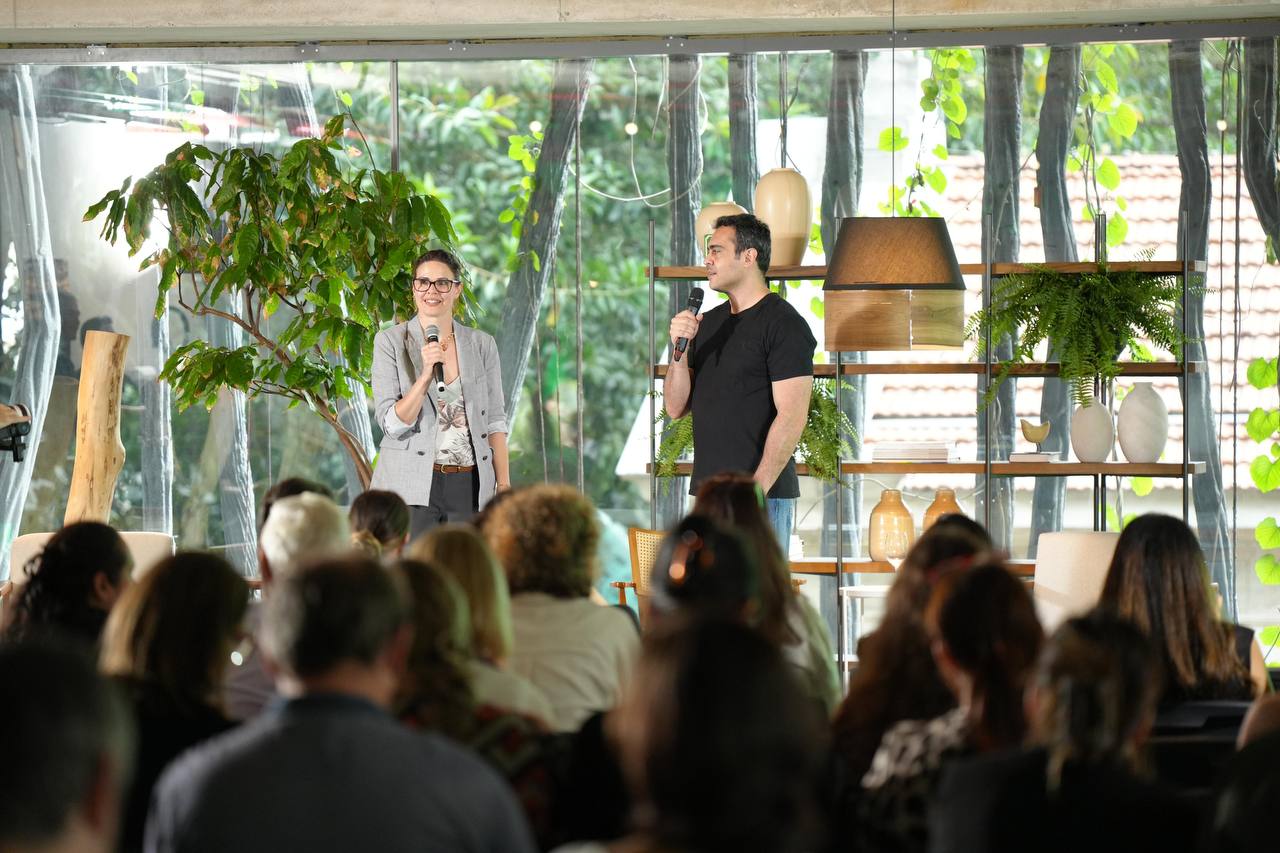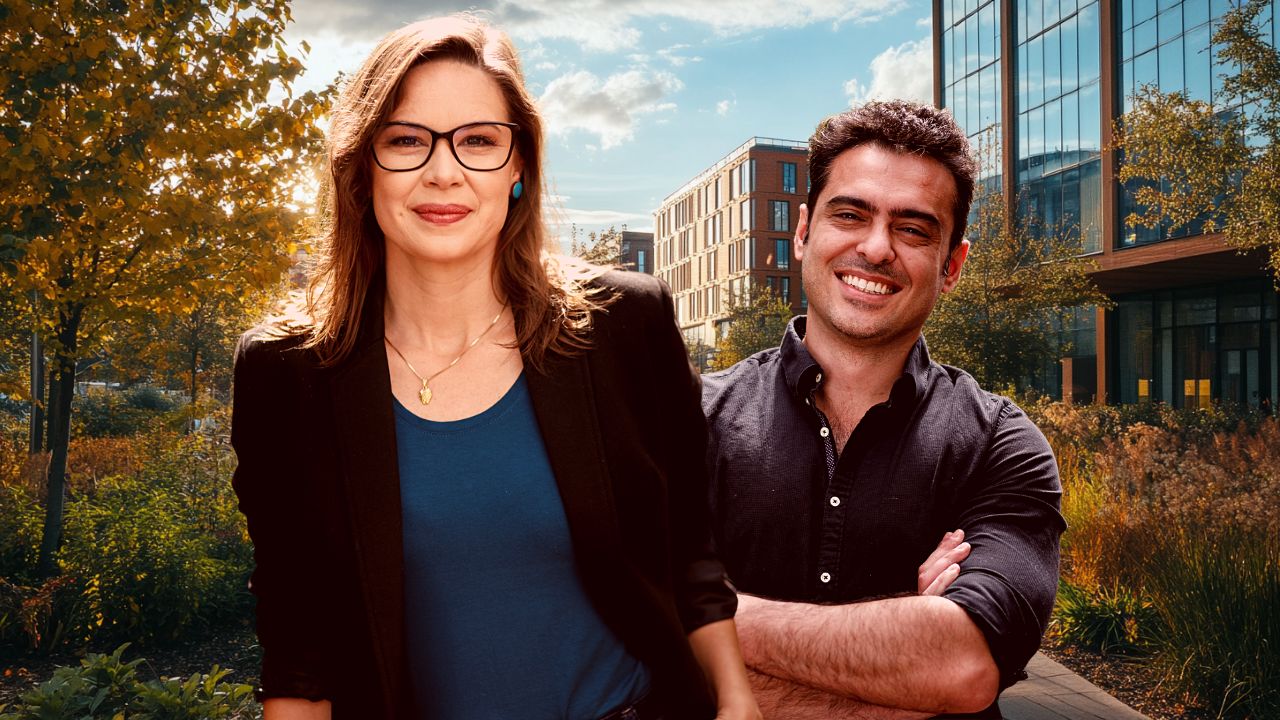






A 2-day immersion into the future of sustainable construction
If you are considering hiring a LEED certification consultant, you may wonder what these professionals do and how they can help your organization.
LEED certification consultants are experts in sustainability and environmental design who help organizations to design and build projects that meet the Leadership in Energy and Environmental Design (LEED) standards set by the U.S. Green Building Council (USGBC).
In this article, we will explore the role of a LEED certification consultant, the benefits of hiring one, and what to look for when choosing a consultant.
Whether you are a construction company, real estate developer, or government agency, working with a LEED certification consultant can help you to design and build sustainable projects and create a better future for all.












A 2-day immersion into the future of sustainable construction
What is a LEED certification consultant?
A LEED certification consultant helps organizations design and build projects that meet the Leadership in Energy and Environmental Design (LEED) standards set by the U.S. Green Building Council (USGBC). LEED is a rating system that measures the sustainability of a building or development project, considering factors such as energy efficiency, water conservation, and the use of sustainable materials.
LEED certification consultants work with organizations to ensure that their projects meet the required standards and can achieve LEED certification. This can involve conducting sustainability assessments, developing sustainability plans and strategies, implementing sustainability programs and initiatives, and monitoring and reporting progress.
LEED certification consultants may work in various industries, including construction, real estate, and facilities management. They may also work with government agencies and non-profit organizations.
To become a LEED certification consultant, individuals typically need a strong background in sustainability, environmental science, or a related field. Many certification programs require candidates to have a certain amount of education and work experience and may also require completing a written examination.
Overall, a LEED certification consultant plays a crucial role in helping organizations to design and build sustainable projects and create a better future for all.
How do I become a LEED certification consultant?
Becoming a LEED certification consultant can be a rewarding career path for individuals who are passionate about sustainability and want to help organizations design and build green projects and require a combination of education, work experience, and passing a certification exam.
Here are the steps you can take to become a LEED certification consultant:
- Get an education: Most certification programs require candidates to have a bachelor’s or master’s degree in sustainability, environmental science, or a related field. Some programs may also accept candidates with a degree in architecture, engineering, or construction management if they have relevant work experience.
- Gain work experience: Many certification programs require candidates to have a certain amount of work experience in sustainability or a related field. This can be gained through internships, part-time jobs, or full-time positions.
- Choose a certification program: There are several certification programs available for LEED certification consultants. Some examples include the LEED Green Associate program offered by the USGBC, the LEED AP Building Design + Construction program, and the LEED AP Operations + Maintenance program. Each program has its requirements and focuses on different aspects of sustainability.
- Meet the requirements: Each certification program has requirements that candidates must meet to be eligible for certification. These may include education and work experience requirements and a written examination.
- Obtain certification: Once you have met all the requirements of your chosen certification program, you can apply for certification. This typically involves submitting an application and paying a fee. Once certified, you can use the designated certification credentials after your name and market your services as a LEED certification consultant.
What are the benefits of hiring a LEED certification consultant?
Hiring a LEED certification consultant can bring numerous benefits to an organization, including cost savings, regulatory compliance, improved reputation, and increased property value.
In addition, working with a LEED certification consultant can help organizations design and build sustainable projects and create a better future for all.
Here are some of the main advantages of working with a LEED certification consultant:
- Expertise: LEED certification consultants deeply understand LEED standards and sustainable design principles. They can help organizations design and build projects that meet LEED requirements and achieve certification.
- Cost savings: LEED certification consultants can help organizations identify cost savings opportunities through more efficient resource use and waste reduction. This can lead to significant cost savings over time.
- Regulatory compliance: LEED certification consultants can help organizations to understand and comply with relevant regulations and standards related to sustainability. This can help to prevent costly fines and legal issues.
- Improved reputation: Demonstrating a commitment to sustainability through LEED certification can help organizations to improve their reputation with stakeholders, such as customers, employees, and investors. This can lead to increased trust and loyalty and attract new business.
- Increased property value: LEED-certified buildings can command higher property values, as they are perceived as being of higher quality and more sustainable. This can be a valuable advantage for organizations that own or operate LEED-certified buildings.












A 2-day immersion into the future of sustainable construction
What are the different types of LEED certification?
Here are some of the main types of LEED certification:
- LEED for New Construction: This certification is designed for new construction projects and recognizes projects that meet high sustainable design and construction standards.
- LEED for Existing Buildings: This certification is designed for existing buildings and recognizes projects implementing sustainability measures to improve their environmental performance.
- LEED for Interior Design and Construction: This certification is designed for commercial interiors and recognizes projects implementing sustainability measures to improve the indoor environment.
- LEED for Building Design and Construction: This certification is designed for building design and construction professionals and recognizes individuals who have demonstrated sustainable design and construction expertise.
- LEED for Operations and Maintenance: This certification is designed for building operations professionals and recognizes individuals who have demonstrated sustainable building operations and maintenance expertise.
- LEED for Neighborhood Development: This certification is designed for neighborhood development projects and recognizes projects that meet high standards for sustainability, including transportation, land use, and environmental quality.
The LEED rating system offers various types of certification to recognize buildings and development projects that meet sustainability standards.
Organizations can choose the type of certification that best fits their needs and goals.
How much does it cost to hire a LEED certification consultant?
The cost of hiring a LEED certification consultant can vary depending on many factors, including the consultant’s level of experience, the project’s scope, and the organization’s location.
However, here are some general guidelines for the cost of hiring a LEED certification consultant:
- Hourly rate: LEED certification consultants may charge an hourly rate for their services. This can range from $50 to $200 per hour, depending on the consultant’s experience level and the project’s complexity.
- Project fee: Some LEED certification consultants may charge a flat fee for a specific project. Depending on the project’s scope, this can range from a few thousand dollars to tens of thousands of dollars.
- Retainer: Some consultants may work on a retainer basis, where the organization pays a monthly fee for ongoing support. This can range from a few hundred to several thousand dollars per month.
It is important to discuss the cost of hiring a LEED certification consultant with the consultant or consulting firm before starting a project. Many consultants will be willing to work with organizations to develop a fee structure that meets their needs and budget.
Therefore, before proceeding with a project, it is important to consider the cost of hiring a consultant and how it fits into the organization’s budget.
What industries can benefit from the services of a LEED certification consultant?
LEED certification consultants can provide valuable services to a wide range of industries. These professionals can help organizations design and build sustainable projects and create a better future for all.
Here are some examples of industries that can benefit from the services of a LEED certification consultant:
- Construction: Construction companies can work with LEED certification consultants to design and build projects that meet LEED standards and achieve certification. This can help reduce construction projects’ environmental impact and meet regulatory requirements.
- Real estate: Real estate companies can work with LEED certification consultants to design and build sustainable projects that meet LEED standards. This can help increase the property’s value and attract environmentally-conscious buyers and tenants.
- Healthcare: Healthcare facilities can benefit from the services of a LEED certification consultant to improve their sustainability practices and reduce their environmental impact. This can include reducing energy and water usage, implementing recycling programs, and sustainable sourcing products.
- Government agencies can work with LEED certification consultants to develop and implement sustainability plans and policies. This can help reduce government operations’ environmental impact and meet regulatory requirements.
- Education: Educational institutions can work with LEED certification consultants to design and build sustainable projects that meet LEED standards. This can help reduce the institution’s environmental impact and improve the quality of the learning environment’s quality.
- Retail: Retail companies can work with LEED certification consultants to reduce their environmental impact and improve sustainability practices. This can include implementing recycling programs, reducing energy and water usage, and sustainable sourcing products.












A 2-day immersion into the future of sustainable construction
What should I look for when hiring a LEED certification consultant?
Here are some factors to consider when hiring a LEED certification consultant:
- Expertise: Look for a consultant with a strong background in sustainability, environmental science, or a related field. The consultant should also have relevant work experience and be certified through a reputable certification program, such as the LEED Green Associate program offered by the U.S. Green Building Council (USGBC).
- Experience: Consider the consultant’s level of experience and the type of projects they have worked on in the past. A consultant with experience in your industry or similar projects can bring valuable insights to your organization.
- Communication skills: Look for a consultant who can clearly and effectively communicate their ideas and recommendations. The consultant should be able to explain complex concepts in a way that is easy to understand and effectively present findings to various audiences.
- Flexibility: Consider the consultant’s ability to adapt to your organization’s needs. The consultant should be able to work with you to develop a plan that meets your specific needs and goals.
- Reputation: Research the consultant’s reputation in the industry. Look for references and ask for examples of their work to get a sense of their expertise and track record.
Overall, it is important to carefully consider the qualifications and experience of a LEED certification consultant before hiring them. A qualified and experienced professional can bring valuable knowledge to your organization and help you achieve your sustainability goals.
How do I know if a consultant is LEED certified?
To verify the certification of a LEED consultant, you can follow these steps:
- Check the USGBC directory: The USGBC maintains a directory of LEED professionals, including LEED Green Associates, LEED APs, and other certified individuals. You can search the directory by name or credential to determine if a consultant is certified.
- Ask for proof of certification: If you are unsure if a consultant is certified, you can ask for proof of certification. This may include a copy of the consultant’s LEED credential or a certificate from the USGBC.
- Check the consultant’s website: Many LEED certification consultants include information about their credentials on their websites. You can check the consultant’s website to see if they list their LEED certification.
- Contact the USGBC: If you cannot verify a consultant’s certification through the directory or by asking for proof of certification, you can contact the USGBC directly. The USGBC can confirm the certification status of an individual.
LEED Certification Consultants: Conclusion
In conclusion, LEED certification consultants play a crucial role in helping organizations to design and build sustainable projects.
Whether you are a construction company, real estate developer, or government agency, working with a LEED certification consultant can bring numerous benefits, including cost savings, regulatory compliance, improved reputation, and increased property value.
When choosing a LEED certification consultant, it is important to consider the consultant’s expertise, experience, communication skills, flexibility, and reputation.
By following these guidelines, you can be confident that you are working with a qualified and experienced professional who can help you to achieve your sustainability goals.
Check out our green building consultancies and courses if you are interested in learning more about LEED certification and green building. Our experienced team of professionals can help you to understand the LEED rating system and implement sustainability practices in your organization.
Don’t miss this opportunity to positively impact the world and create a better future for all.












A 2-day immersion into the future of sustainable construction
If you need our services in the Portuguese language, click here.

